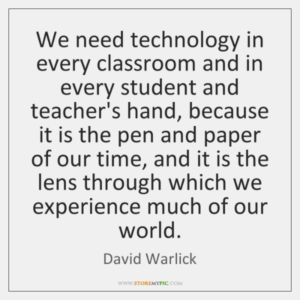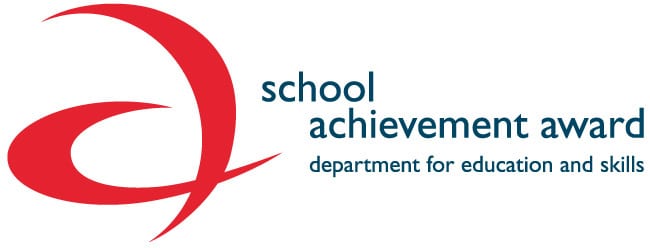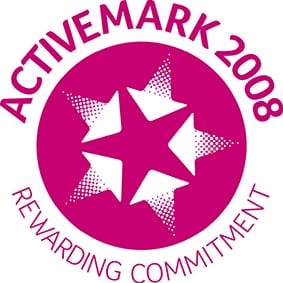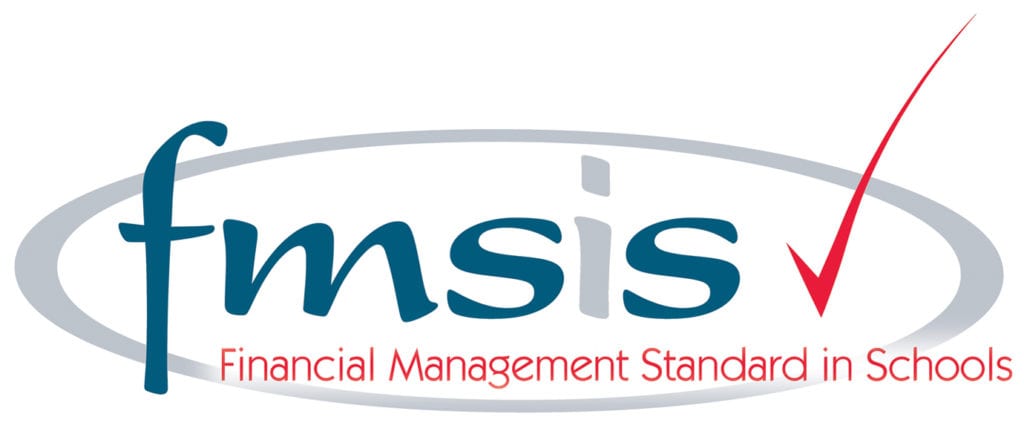
Intent
At Horndale, we believe Computing is inclusive and we aim to prepare our learners for their future by giving them the opportunities to gain knowledge and develop the early digital skills that will equip them for an ever-changing digital world. Knowledge and understanding of ICT is of increasing importance for children’s future both at home and for employment. Our Computing curriculum focuses on a progression of skills in digital literacy, computer science, information technology and online safety to ensure that children become competent in safely using, as well as understanding, technology. Our intention is that Computing also supports children’s creativity and cross curricular learning to engage children and enrich their experiences in school.
Implementation
In EYFS, the children have opportunities throughout their provision to explore a range of different technology to begin learning those early digital skills. In Key Stage One, the children follow the National Curriculum. To ensure high standards of teaching and learning in Computing, we implement a curriculum that is progressive throughout the school, allowing the children to embed their learning over time. Our planning and teaching of Computing ensures full coverage of the ‘National Curriculum programmes of study for Computing including digital literacy, computer science, information technology and online safety. To ensure a progressive curriculum, we utilise Purple Mash to ensure the children are utilising a wide range of programs that progress throughout the Key Stage.
Wherever possible, Computing is utilised within lessons to support their application of skills. In EYFS and Key Stage One, the children can access Seesaw both in school and at home to support their learning and upload any learning completed from home. In addition, the children are able to access a wide range of technology including chrome books and iPads.
Our school has a clear focus on the development of speech and language and allowing children to make links and embed key Computing vocabulary. We use working walls, visual prompts, our online learning platform Seesaw and pre-teach some vocabulary to enable children to develop a deeper understanding and apply it in different contexts. This also supports children to make links and develop their speaking and listening skills as well as their writing across the curriculum.
Impact
As a result, our pupils will:
- understand what algorithms are; how they are implemented as programs on digital devices; and that programs execute by following precise and unambiguous instructions
- create and debug simple programs
- use logical reasoning to predict the behaviour of simple programs
- use technology purposefully to create, organise, store, manipulate and retrieve digital content
- recognise common uses of information technology beyond school
- use technology safely and respectfully, keeping personal information private; identify where to go for help and support when they have concerns about content or contact on the internet or other online technologies.
Computing Whole School Long Term Plan(Last revised April 2022)







